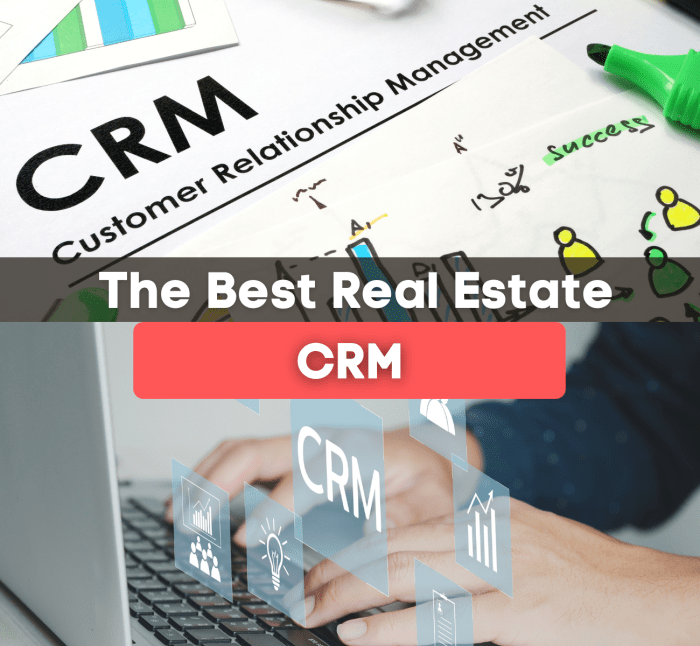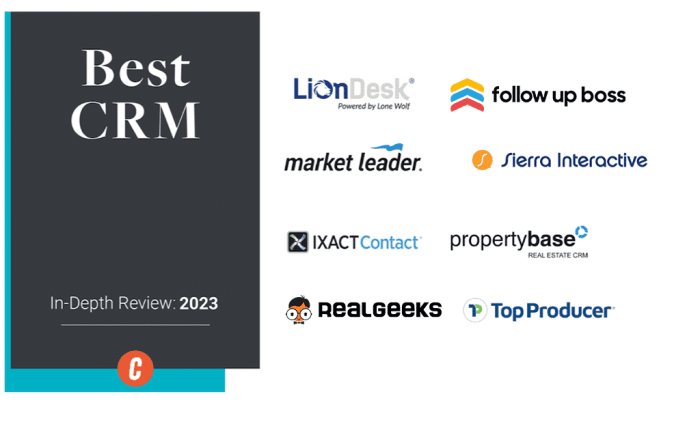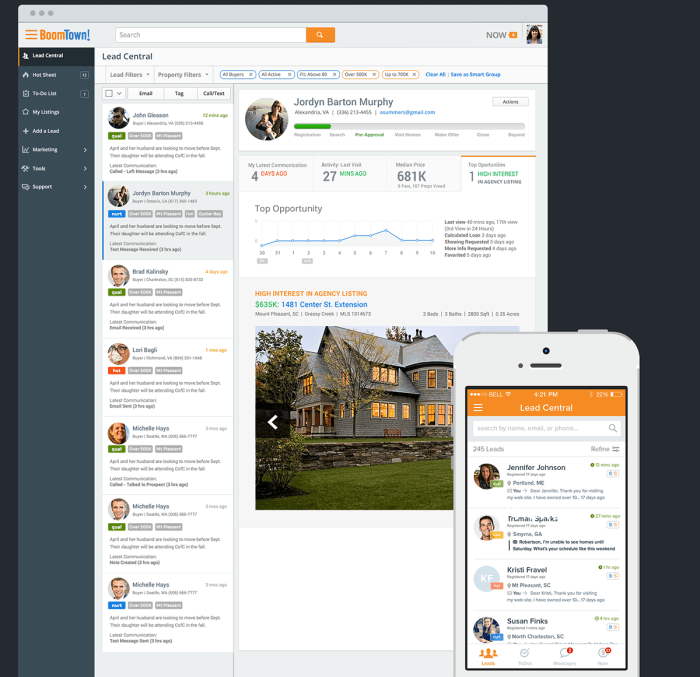CRM systems for real estate are revolutionizing how agents and brokers manage client interactions, track deals, and ultimately, boost sales. They provide a centralized platform to organize leads, nurture relationships, and streamline the entire real estate transaction process.
From lead generation to closing deals, CRM systems offer valuable tools for improved efficiency and increased profitability in the real estate industry. They allow agents to personalize communication, track progress, and analyze data to identify trends and optimize their strategies.

Source: uphomes.com
Real estate is a dynamic industry, demanding adaptability and efficiency. Managing client interactions, property listings, and transactions effectively is crucial for success. CRM systems (Customer Relationship Management systems) have become indispensable tools for real estate professionals, empowering them to streamline operations, improve customer service, and ultimately, boost profitability. This comprehensive guide delves into the intricacies of CRM systems for real estate, exploring their benefits, features, and how to choose the right solution for your needs.
Understanding the Importance of CRM in Real Estate
In today’s competitive real estate market, managing a large volume of client interactions, property listings, and transactions manually is practically impossible. A CRM system acts as a central hub, consolidating all relevant data, fostering better communication, and automating crucial tasks. This leads to:
- Improved Customer Relationship Management: CRM systems allow for personalized interactions, tracking client preferences, and nurturing leads.
- Enhanced Efficiency and Productivity: Automating tasks like follow-ups, email marketing, and report generation frees up agents to focus on core business activities.
- Data-Driven Decision Making: CRM systems provide insights into client behavior, market trends, and sales performance, enabling informed decisions.
- Increased Sales Conversions: Improved organization and communication lead to better lead nurturing and higher conversion rates.
- Reduced Operational Costs: Automation of repetitive tasks minimizes manual effort and saves on time and resources.
Key Features of Real Estate CRM Systems
Effective real estate CRM systems typically include a range of features designed to meet specific industry needs. Key features include:
Contact Management
This is fundamental. CRM systems allow for comprehensive contact information storage, categorizing clients, and tracking interactions.
Lead Management
Capturing, nurturing, and qualifying leads are crucial. CRM systems provide tools for lead scoring, tracking progress, and assigning leads to agents.
Property Management
Managing listings, details, and associated documents (contracts, photos, etc.) efficiently is a critical feature.
Marketing Automation
Automating email marketing, social media campaigns, and other marketing efforts to reach potential clients and maintain engagement.
Transaction Management
Tracking and managing the entire transaction process, from initial contact to closing, ensures a smooth and organized experience.
Reporting and Analytics, Crm systems for real estate
Generating insightful reports on sales performance, client behavior, and market trends for informed decision-making.
Choosing the Right CRM for Your Real Estate Business
Selecting the right CRM system depends on your specific needs and budget. Consider factors like:
- Scalability: Choose a system that can grow with your business.
- Integration Capabilities: Ensure compatibility with existing software like accounting or email platforms.
- User-Friendliness: Select a system that’s easy for your team to use and learn.
- Pricing and Support: Compare pricing models and evaluate customer support options.
Real Estate CRM Systems: A Comparison (Example): Crm Systems For Real Estate
Several excellent CRM systems cater to real estate professionals. Research different options, such as [mention a few popular real estate CRM systems and their pros/cons]. This comparison will help you decide which system best suits your business needs.
Frequently Asked Questions (FAQ)
- Q: What is the difference between a real estate CRM and a general CRM?
A: Real estate CRMs are specifically tailored to real estate needs, including property management, transaction tracking, and lead generation features.
- Q: How much does a CRM system cost?
A: Pricing varies significantly depending on the features, number of users, and support packages offered. Contact vendors directly for specific pricing.
- Q: Can I integrate my existing marketing tools with a real estate CRM?
A: Many modern CRM systems offer robust integration options with popular marketing tools. Check for API compatibility.
Conclusion
Implementing a CRM system in your real estate business is an investment in your future success. By streamlining processes, improving communication, and gaining valuable insights, you can significantly enhance your efficiency, profitability, and client satisfaction.
Call to Action
Ready to elevate your real estate business? Explore the wide range of CRM solutions available and find the perfect fit for your team. Visit [website link] to learn more and schedule a demo today!
Sources:
- [Insert reputable real estate industry website link 1]
- [Insert reputable CRM review website link 2]
In conclusion, implementing a robust CRM system is a crucial step for real estate professionals looking to enhance their operations and achieve sustainable growth. By streamlining processes and fostering stronger client relationships, these systems empower agents to focus on what they do best: providing exceptional service and achieving successful outcomes for their clients.
Clarifying Questions
What are the different types of CRM systems available for real estate?
Various CRM systems cater to different needs and budgets. Some are specifically designed for real estate agents, while others are more general platforms that can be customized. Features can range from basic lead management to advanced marketing automation and reporting tools.

Source: theclose.com
How much does a CRM system cost for a real estate agency?

Source: behance.net
Pricing for CRM systems varies greatly depending on the chosen platform, its features, and the number of users. Some offer tiered pricing models, while others may have a per-user or per-transaction cost structure. It’s essential to evaluate the features and functionalities needed to determine the most suitable option for your budget.
Can CRM systems integrate with other real estate software?
Many CRM systems are designed with integration capabilities in mind. This allows for seamless data transfer between various platforms, such as property management systems, marketing tools, and accounting software, improving efficiency and reducing manual data entry.